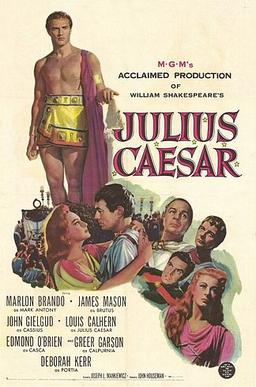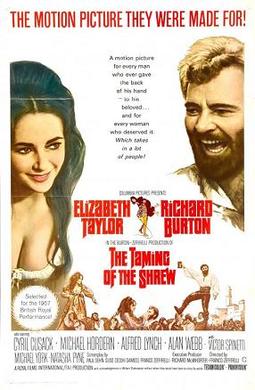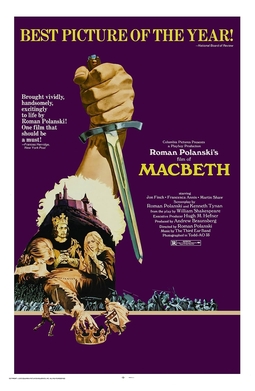If, as anticipated, Israel launches a ground invasion of the Gaza Strip to drive out the Hamas government that deployed hundreds of terrorists to inflict barbaric horrors on Israeli civilians on October 7, the question remains: what next?
Israel completely withdrew from Gaza in 2005. It removed all Israeli settlers and military personnel from the territory, and sealed it off from Israel, taking a wait-and-see approach. The hope was that self-governing Palestinians in Gaza would take the opportunity to build a peaceful, prosperous society that would be able to coexist with the Jewish State of Israel. That hope did not materialize.
Instead, within a year, Ḥarakat al-Muqāwamah, the Islamic Resistance Movement known by its portmanteau Hamas, became the governing body in Gaza. Hamas is a fanatical religious organization committed to reestablishing an Islamic caliphate and has genocidal designs towards Jews, which it makes explicit in its founding charter.
Since 2006, Hamas, aided by the governments of the Islamic Republic of Iran and Qatar, has made its main purpose to wage war against Israel both ideologically and through relentless terrorism. Ideologically, it tunned its education system into a hate factory that teaches kids, from the time they learn to speak, that Jews are evil creatures who not only deserve to be killed, but the reward for murdering them is a paradise in the afterlife. The terrorism took the forms of launching indiscriminate missiles at Israeli civilian centers, savage raids into southern Israel, and attempts at hostage taking. Contrary to popular belief in the west, these raids were never halted for any length of time since 2006. They had lulls and when these lulls turned into onslaughts, Israel was forced to periodically retaliate in force as a deterrent.
The scale of the sadistic, depraved brutality of this last incursion by terrorists controlled by Hamas has completely changed the equation for Israel’s leadership. No country could accept hundreds of terrorists invading and raping, murdering, and torturing innocents as young as infants, and to abduct children and the elderly. America imposed regime change on Afghanistan for acts less savage and on Iraq, which never launched an attach on the US at all.
The only viable solution to Israel for the war declared by Hamas is the complete reoccupation of Gaza and installation of a new government. For it to work in the long term, there is only one approach, but one that has come to be disdained in western capitols. Nation Building.
There is a particular conceit in the west that everyone is basically the same and if given the opportunity, they will all welcome the peaceful lives we have in liberal democracies. This outlook does not take history of culture into account. It took western civilization over two thousand years to develop the democratic traditions we enjoy, and we still haven’t perfected them. To expect a place like Gaza, a theocratic dictatorship with no liberal democratic tradition, to become a functioning democracy in a matter of months or even a few years is completely unrealistic.
To democratize and essentially de-Hamasify Gaza, it will require something like a Marshall Plan for Palestine. Democratic political parties will need to be fostered with western assistance. A massive shift in culture and education will be required, and the Palestinians have demonstrated little will and no ability to do this on their own.
Other powers, some from western nations, others perhaps from more moderate nations like Jordan and the United Arab Emirates, will have to administer Gaza until the task is complete.
There is another component which is absolutely necessary but intimidating. Any armed resistance or efforts by parties in Gaza to reestablish terrorist political movements have to be crushed as ruthlessly as chemotherapy attacks cancer cells.
Based on historical example of post World War 2 Europe and Japan, this effort will take at least twenty years, and possibly even a decade or more longer. It is an expensive, risky, and daunting prospect. But the alternative, as anyone who has witnessed what has occurred in the region should now realize, is a continuation of the endless, horrific cycle of violence and despair.












